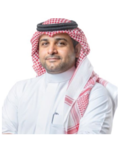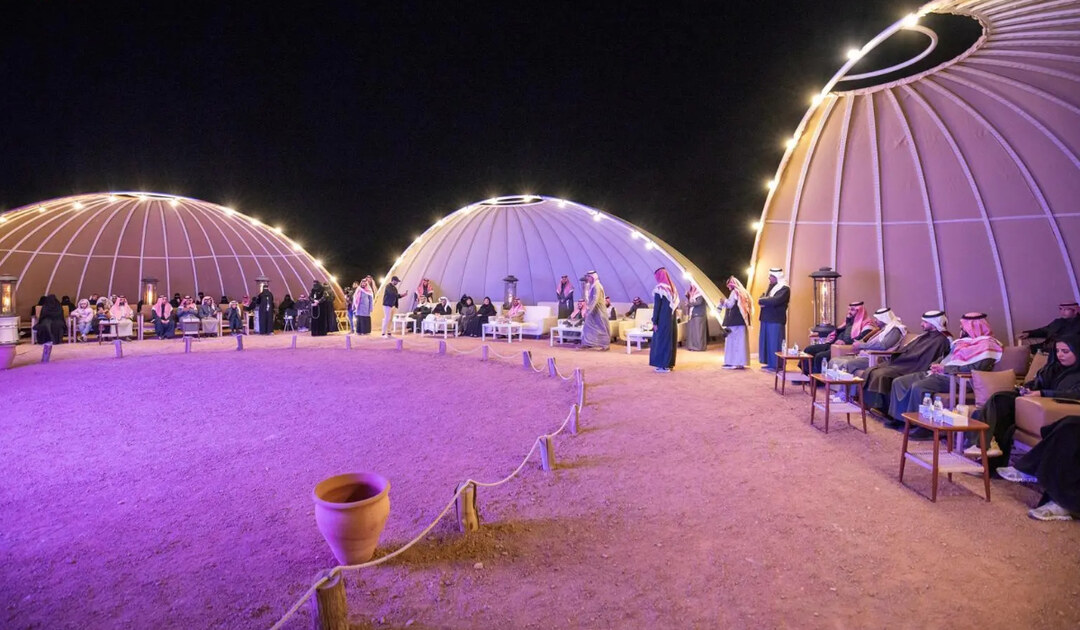Across Gulf Cooperation Council countries, cancer rates are projected to increase by over 140 percent between 2020 and 2040, making oncology one of the most critical therapy areas for the region.
Today is World Cancer Day, and the theme for the next two years is “United by Unique,” which prioritizes patient-centric care and puts people at the heart of the conversation.
Saudi Arabia is leading the way in this regard, through the Proton Beam Therapy Centre and the new Oncology Center of Excellence, which will be built in Riyadh. Both facilities aim to drive forward patient outcomes and experiences through innovation.
United in innovation and care
Riyadh’s Oncology Center of Excellence was announced just this week by Johns Hopkins Aramco Healthcare. The center will focus on treating breast, colorectal, and prostate cancers, which are three of the most diagnosed cancers in the region. Since 2014, when Saudi Aramco and Johns Hopkins Medicine collaborated in establishing JHAH to pioneer health innovation in Saudi Arabia and the wider region, they have launched over 50 knowledge-sharing programs in a range of specialisms including oncology, cardiology, and neurology.
A unique approach to cancer treatment
Cancer treatment is evolving, and proton therapy is among the most advanced solutions available today. Unlike conventional radiation therapy, which can affect surrounding healthy tissue, proton beam therapy delivers highly targeted radiation with millimeter precision. This precision reduces side effects and improves outcomes, making it particularly effective for treating tumors in sensitive areas such as the brain, spine, and head and neck, as well as in children.
Kingdom’s oncologists and medical researchers now have access to groundbreaking technology
Saudi Arabia’s Proton Beam Therapy Centre is evidence of the country’s commitment to cutting-edge healthcare solutions. As the first facility of its kind in the region, it welcomes 1,700 patients annually, offering an alternative to specialized care in Europe or the US for GCC residents. This marks a major milestone in medical self-sufficiency and regional accessibility, but the true impact of the Proton Beam Therapy Centre is best seen in the stories of those whose lives have been changed by its capabilities.
Transforming lives, one patient at a time
These centers are symbols of collaboration, bringing together global expertise and local talent to deliver world-class cancer care. Through partnerships with leading international medical institutions, Saudi Arabia is ensuring that its healthcare professionals remain at the cutting edge of medical advancements.
Similarly, Saudi Arabia’s oncologists and medical researchers now have access to groundbreaking technology that allows them to push the boundaries of cancer treatment, participate in international clinical trials, and contribute to global oncology advancements.
Thanks to these centers, families no longer have to consider the stress and cost of seeking treatment in far-away locations where language and culture are potential barriers. Now, they receive world-class care without leaving the GCC region, ensuring continuity of support from loved ones while benefiting from the latest in precision medicine.
Moreover, both facilities are designed to serve both Saudi citizens and international patients, reinforcing the Kingdom’s ambition to become a global hub for specialized healthcare. By integrating state-of-the-art treatment with holistic patient care, the center embodies the principles of Vision 2030 — emphasizing well-being, innovation, and sustainability
A future built on hope and investment
As Saudi Arabia accelerates its investments in precision medicine and advanced healthcare infrastructure, the Proton Beam Therapy Centre and Oncology Centre of Excellence represent the country’s progress and promise, reflecting the Kingdom’s vision of becoming a leader in medical innovation, not just for its own people but for the world.
Saudi Arabia’s message is clear: The Kingdom is united by its unique commitment to transforming cancer care and providing hope for a healthier future.
• Dr. Faisal Al-Dahmashi, assistant deputy minister for hospital services, Saudi Ministry of Health













